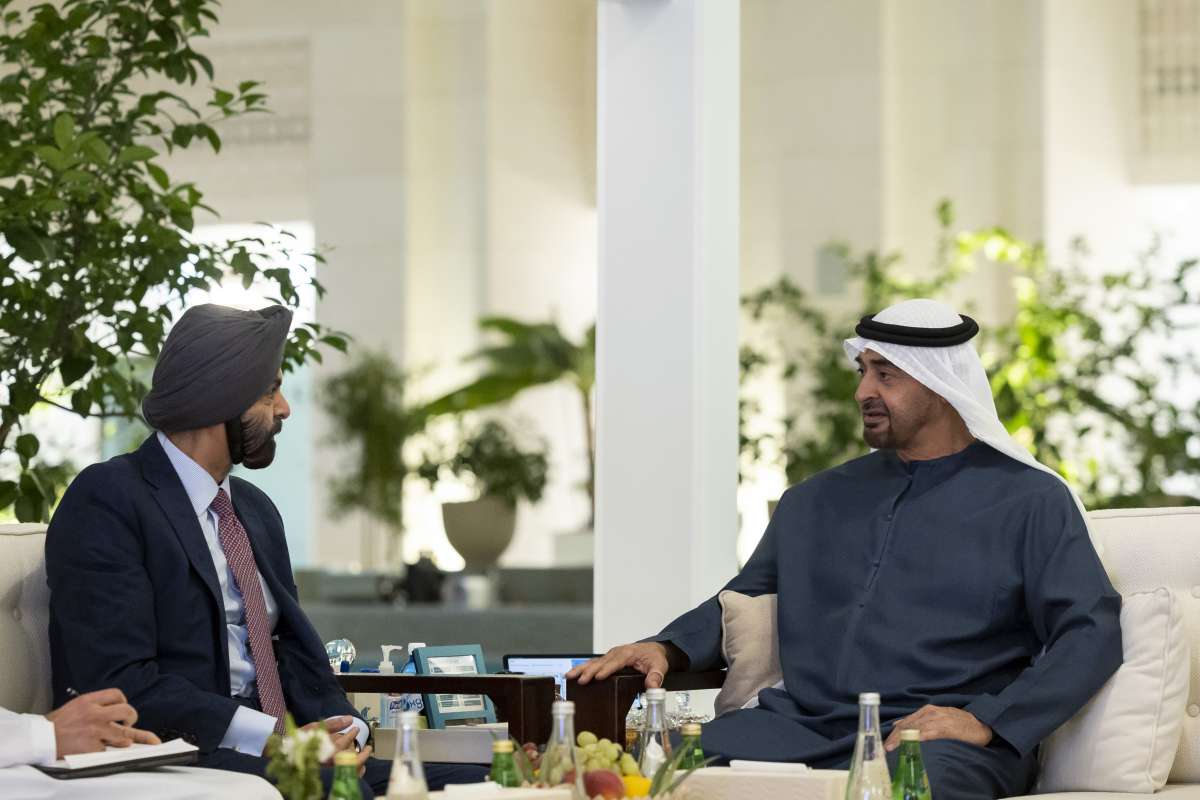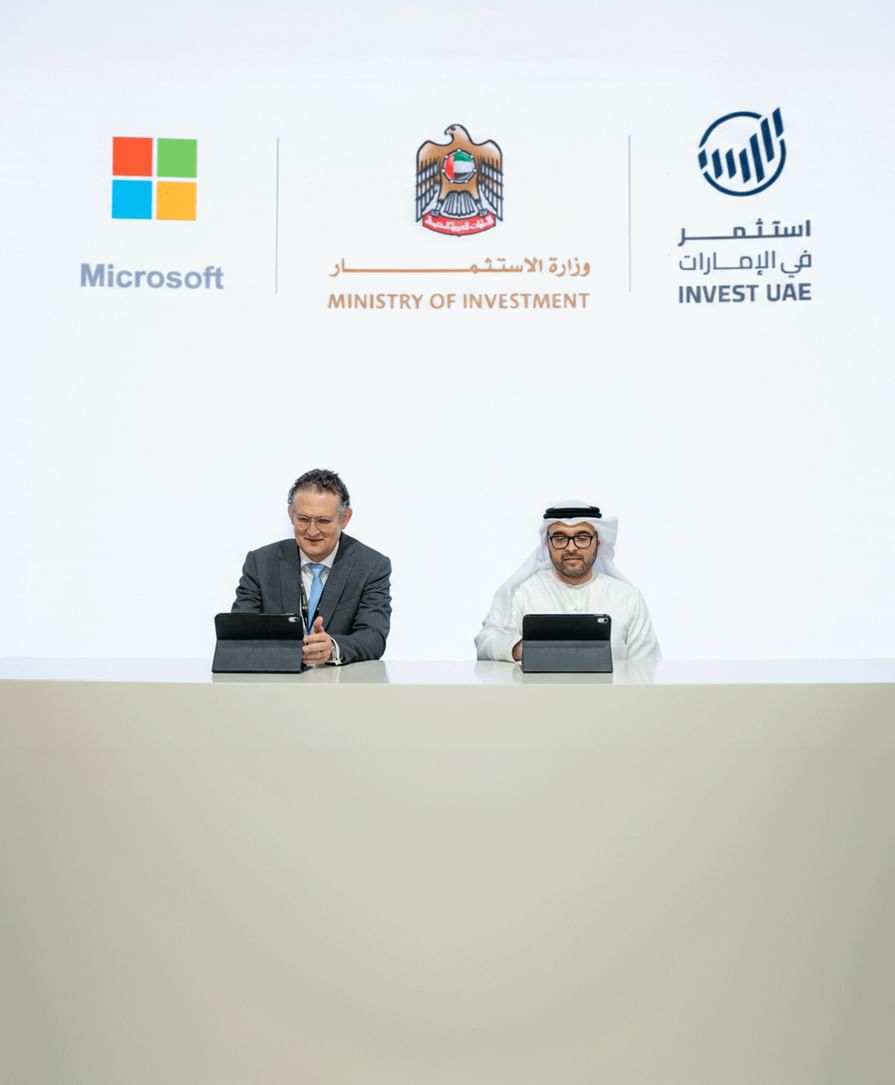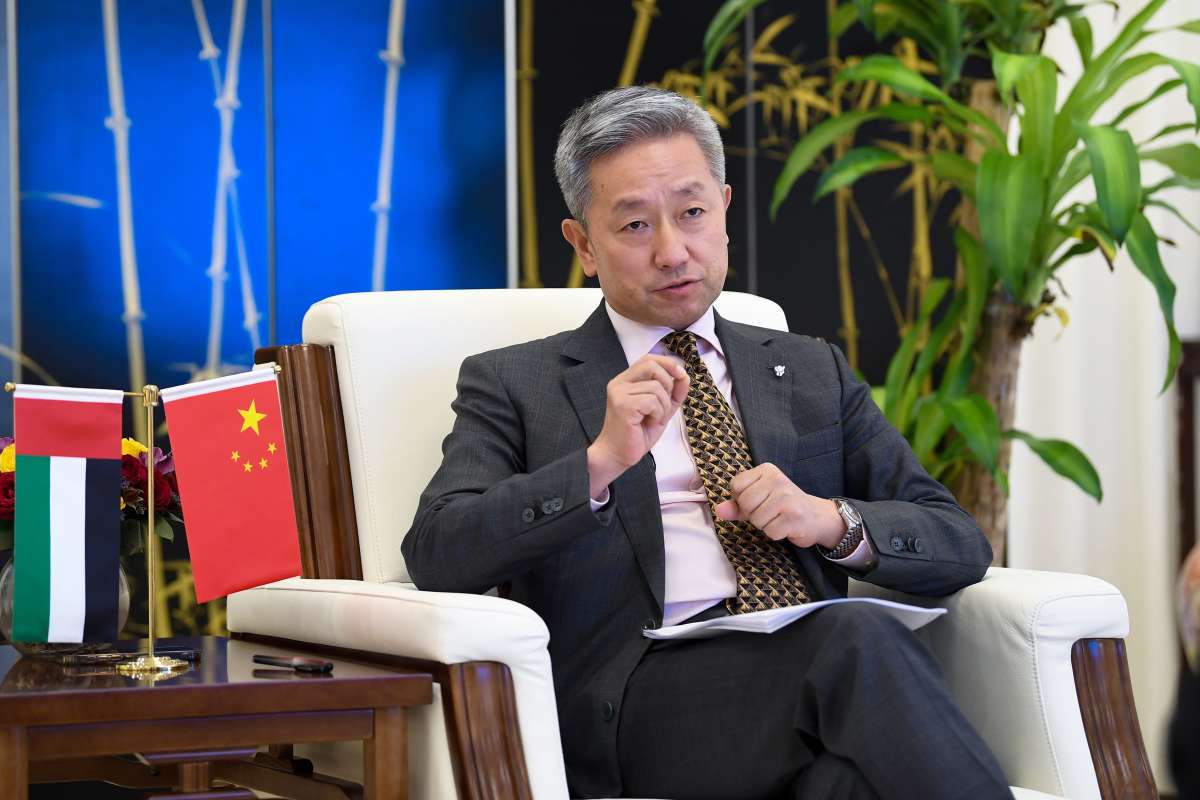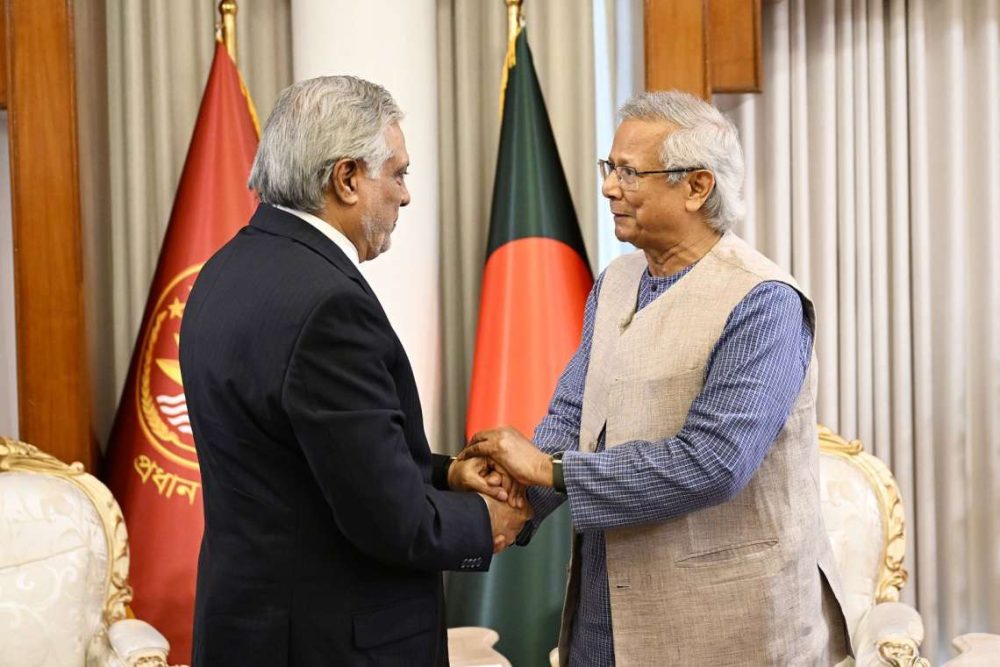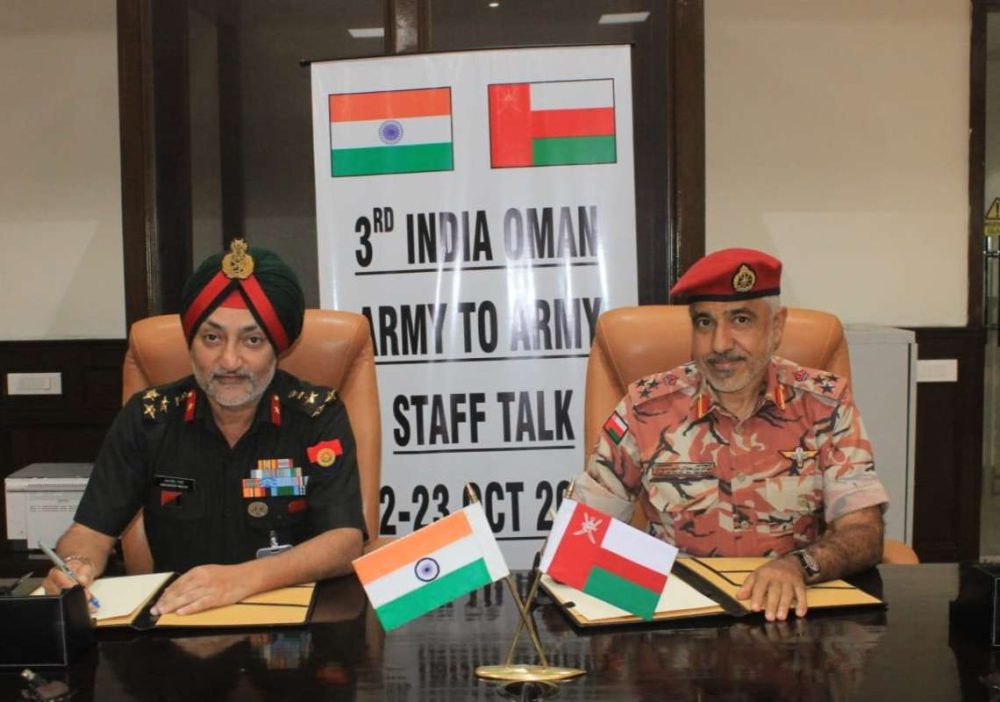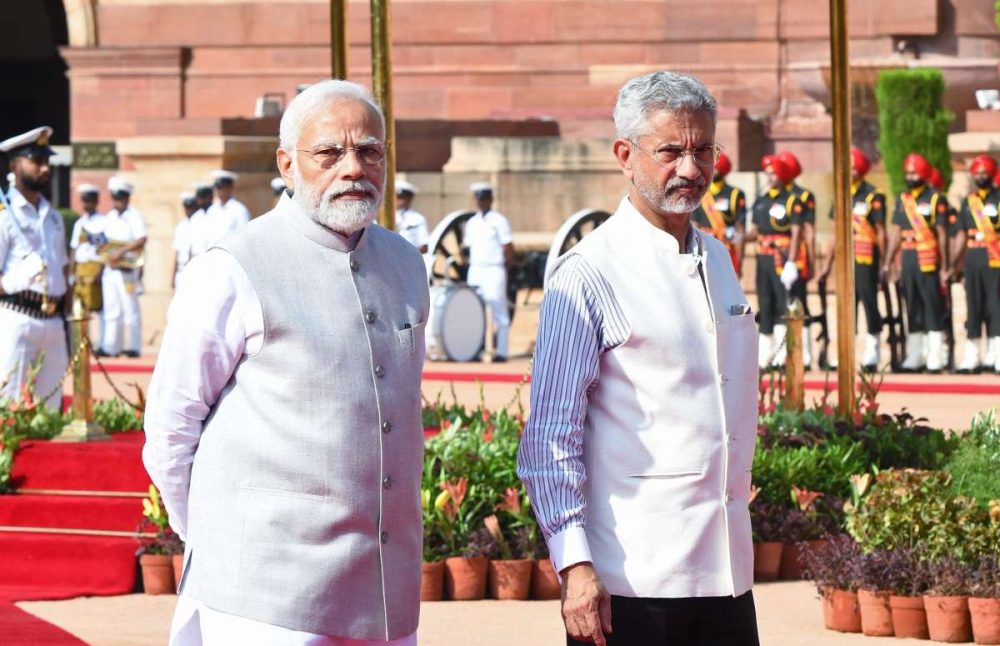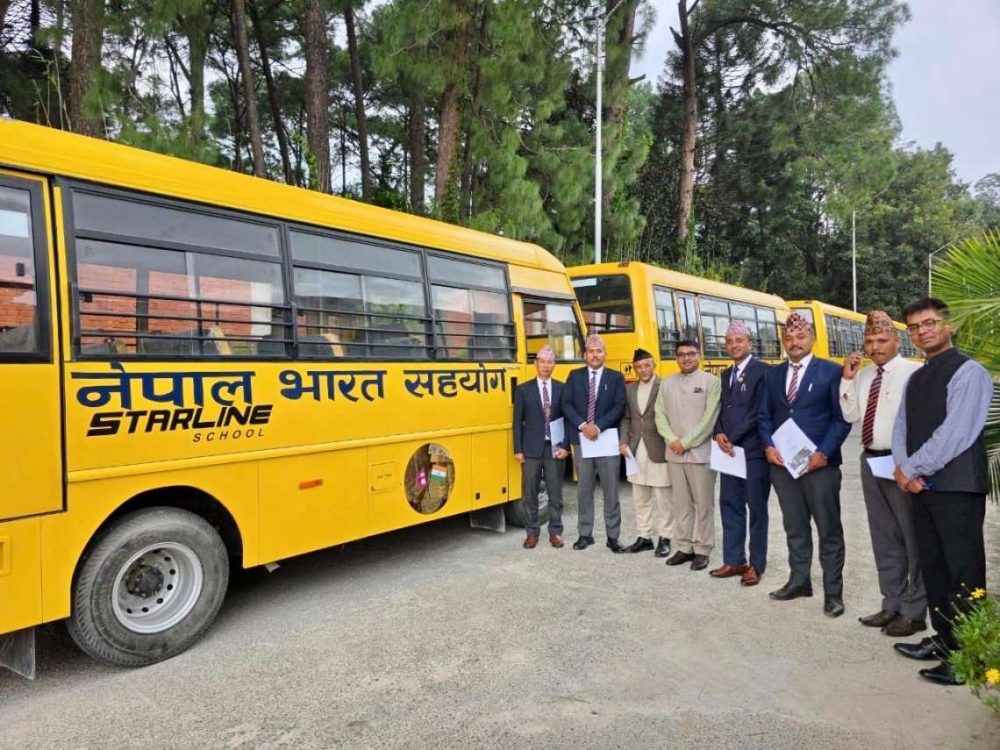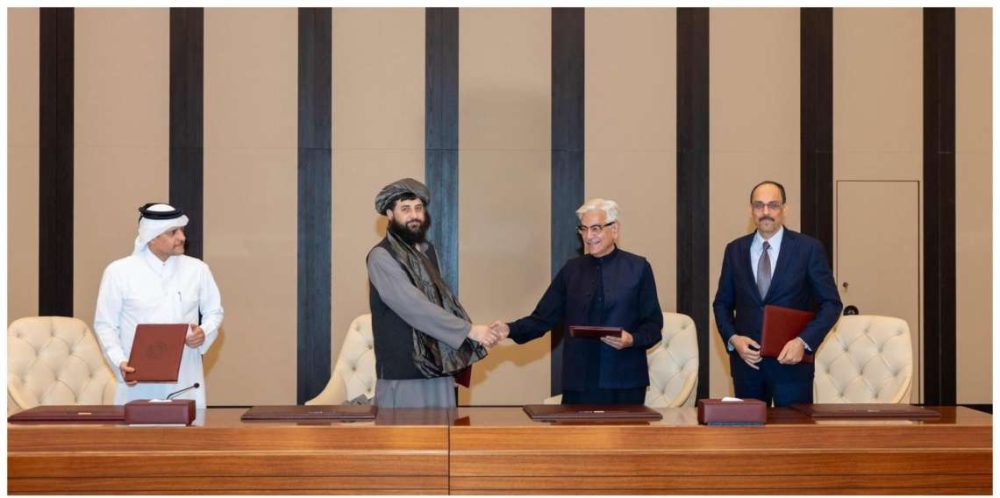The President welcomed Banga and discussed cooperation between the UAE and the World Bank…reports Asian Lite News
UAE President His Highness Sheikh Mohamed bin Zayed Al Nahyan received Ajay Banga, President of the World Bank Group, at Qasr Al Shati in Abu Dhabi.
The President welcomed Banga and discussed cooperation between the UAE and the World Bank. The meeting also addressed global economic conditions, the economic impact of crises, and the contributions of the World Bank in supporting regional and global development.
The meeting touched upon the upcoming UN Climate Change Conference (COP28), which the UAE will host later this year. The importance of climate financing in bolstering the global response to climate change and achieving sustainability goals was highlighted, as well as the role of the World Bank in this regard.
Later, H.H. Sheikh Maktoum bin Mohammed bin Rashid Al Maktoum, First Deputy Ruler of Dubai, Deputy Prime Minister and Minister of Finance, met with Banga and discussed recent socio-economic developments in the UAE and ways to strengthen ties between the UAE and the WBG.
Sheikh Maktoum highlighted the importance of enhancing collaboration to achieve the global agenda for overcoming challenges. He noted the WBG’s role in supporting the 2023 United Nations Climate Change Conference (COP28) in areas related to food, water and climate financing.
Sheikh Maktoum also highlighted the UAE’s commitment to creating a hub for excellence and innovation in sustainable technologies and the country’s efforts to make significant contributions to mitigating climate change at both global and regional levels.
He congratulated Banga on the successful Annual Meetings of the World Bank recently held in Marrakech, which saw the announcement of the new vision and mission of the organisation that underscore its commitment to finding innovative solutions for global challenges including the crises of climate change and food insecurity.
Sheikh Maktoum was briefed on the new WBG playbook, which emphasises the pivotal role of the knowledge bank and the imperative of capacity building across various sectors. These sectors include People, which touches on aspects like education, healthcare, and social benefits; Prosperity, focusing on areas such as jobs, financial inclusion, local currency markets, credit availability, and economic and trade policies; Planet, which centres on preserving drinking water and biodiversity; Infrastructure, a foundational element for progress; and Digital, which highlight the importance of governance, transparency, and digital access.


